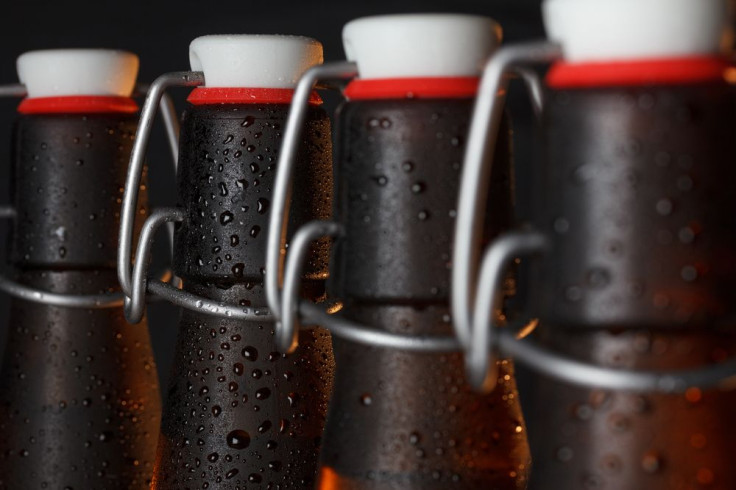Alcoholics Brew Their Own Beer And Wine At the Portland Hotel Society's Treatment Center In Vancouver

A Canadian nonprofit has launched an unconventional effort to reduce harmful substance abuse among alcoholics strapped for cash: teaching them how to brew their own premium beer.
Mark Townsend, executive director for the Portland Hotel Society (PHS) in Vancouver, said that the crash course in DIY liquor making comes in response to an alarming spike in low-brow substitutes. Without the means to afford their preferred poison, “extreme alcoholics” are turning to hand sanitizers and mouthwash to quell withdrawals. "They're very damaged folk and they're not connected,” Townsend told Canadian CBC News. “So this is a way of connecting them and steering them away from such dangerous forms of alcohol to something more mainstream.”
Some 90 people are now enrolled in the “Drinker’s Lounge” — a booze workshop hosted at PHS’s Drug User Resource Center (DURC) in downtown Vancouver. After pooling their money to buy the necessary ingredients, the participants work together to craft their own beer and wine, with a brewmaster guiding them through the month-long fermentation process. At the end of the program, participants donate a portion to an alcohol exchange, where others can swap rubbing alcohol and other household substitutes for safe beverages.
"It's consistent with a range of harm reduction programs that are currently happening in Canada for this population who have usually failed at traditional abstinence treatment over and over again, present huge problems in emergency departments, for police services, and are very costly on the public purse," Dr. Tim Stockwell, director of the Centre for Addictions Research at the University of Victoria, said of the program. "There's the prospect, if managed properly, that this takes this population away from very harmful non-beverage sources of alcohol, helps them calm down their drinking, and drink a bit less and less."
PHS’s “Drinker’s Lounge” comes less than a month after the non-profit’s widely publicized crack pipe vending machines. The project, which is aimed at curbing disease and violence, lets drug users buy fresh paraphernalia for about 25 cents. "For us, this was about increasing access to safer inhalation supplies in the Downtown Eastside,” DURC director Kailin See told reporters. “They don’t run the risk of then sharing pipes, or pipes that are chipped or broken.”



























